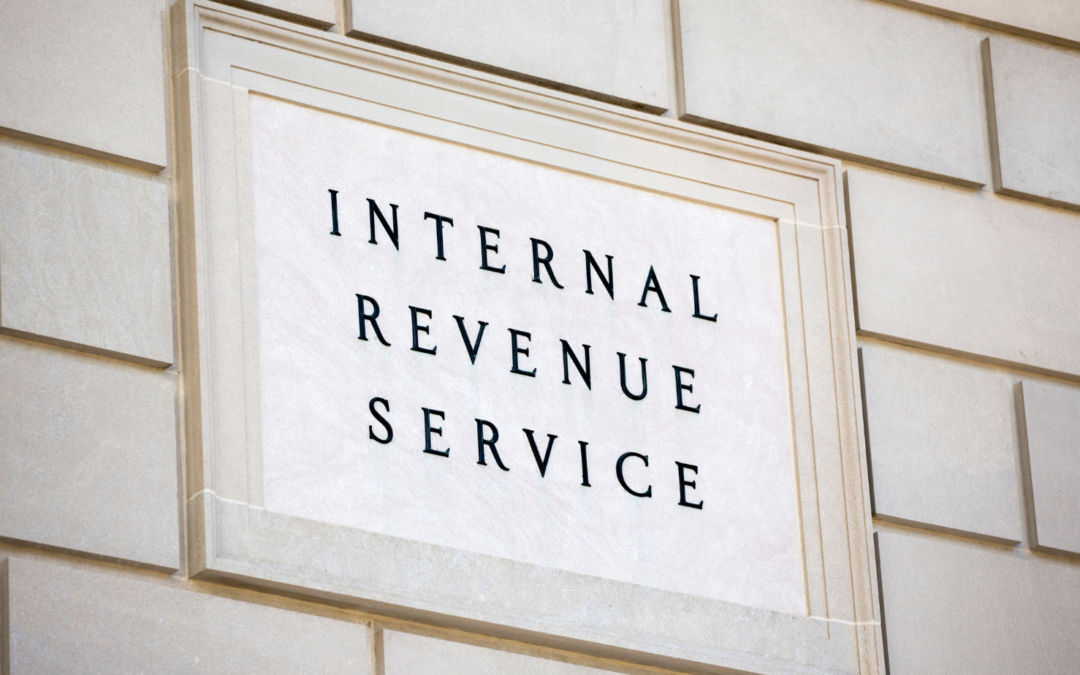On June 17, the IRS announced proposed guidance aimed at limiting “basis-shifting” in transactions between related-party partnerships. Such targeted basis-shifting transactions are those that use the flexibility of the partnership rules under the Internal Revenue Code to increase the basis of assets – a basis “step-up” – without causing meaningful economic change to a business. For example, partnerships use a basis “step-up” to take advantage of additional depreciation of assets or decreased taxable gain or increased taxable loss upon the disposition of an asset.
The IRS has indicated that although taxpayers may currently be in compliance with the partnership rules when engaging in basis-shifting transactions, it believes such transactions have been inappropriately used to manipulate deductions, gain, and loss where there is no corresponding economic impact. Specifically, the IRS has indicated that its proposed regulations will place the following examples of basis shifting transactions under scrutiny: 1) the transfer of partnership interests to related parties, 2) the distribution of property to related parties, and 3) the liquidation of related partnerships or partners.
The upcoming legislation announced in Notice 2024-54 includes two sets of regulations that will address basis-shifting transactions. These regulations will apply to transactions involving partners in a partnership, resulting in increases to the basis of property, and generating increased cost recovery allowances or reduced gain upon the sale of the basis-adjusted property.
- The first set of regulations (Related-Party Basis Adjustment Regulations) will specify how to recover these basis adjustments and determine gains or losses when selling the adjusted property. These regulations will limit cost recovery deductions or reductions in disposition gains for the relevant transactions.
- The second set of regulations (Proposed Consolidated Return Regulations) aim to clearly reflect the taxable income and tax liability of consolidated groups of corporations when group members own interests in partnerships. These regulations will likely treat members of a consolidated group who are partners in a partnership as a single entity to prevent basis shifting between group members that could distort group income.
Additional proposed regulations issued by the Treasury and IRS impose reporting requirements by identifying certain basis-shifting transactions as “transactions of interest” (TOI). A TOI is a transaction that is the same or substantially similar to one of the types of reportable transactions that the IRS has already identified by notice, regulation, or other form of published guidance as such. Under the new rules, basis shifting transactions that result in at least a $5 million increase in asset basis with no corresponding tax paid will become reportable TOIs. Taxpayers will also be required to report cost recovery allowances and any taxable gain or loss from these transactions, even if the transaction occurred before the new regulations were finalized. The complexity of the proposed reporting compliance requirements could result in significant penalties.
Finally, Revenue Ruling 2024-14 provides that the IRS will apply its codified economic substance doctrine in audits, appeals, and legislation to deny the tax benefits from related-party partnership transactions where related parties create inside/outside basis disparities, capitalize on these with nonrecognition transactions or by making a distribution to a partner, and claim a basis adjustment from the same. If a transaction lacks economic substance, the IRS will assert a strict liability penalty of 20% of the underpayment or 40% if the transaction was not disclosed.
The IRS is seeking public comments on the proposed regulations, which can be submitted at https://www.regulations.gov indicating the IRS and REG-124593-23. It expects significant taxpayer response. Notably, in addition to the expected negative response from affected taxpayers, the proposed regulations will likely be subject to significant challenges, especially in light of the Supreme Court’s overturning of the Chevron defense, because such regulations change the tax consequences of transactions expressly governed by the applicable statutes. For more information regarding the importance of the above Supreme Court case, see our recent article.
Please contact us for any questions you may have regarding the proposed regulations and the impact they may have on your or your business.

 Seth Moen
Seth Moen
Office: 402.933.3079


Recent Comments